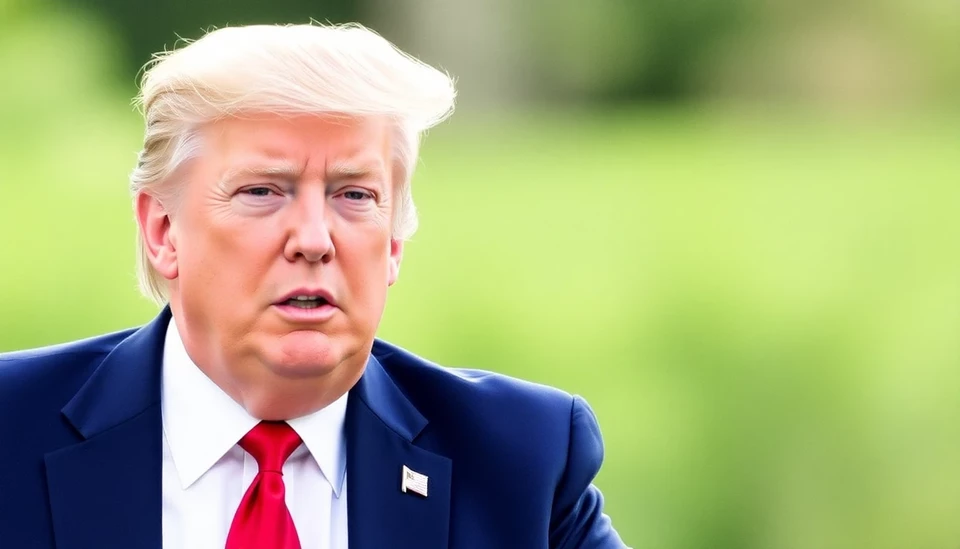
In a bold move that could reshape US economic policy, former President Donald Trump declared his preference for a "no shoring" approach to trade relations rather than the popular concepts of “friend-shoring” or “near-shoring.” Speaking at a recent rally, Trump criticized the idea of relocating supply chains to friendly countries, asserting that it does not adequately protect American interests.
Traditionally, “friend-shoring” refers to the strategy of moving supply chains to countries with favorable diplomatic ties in order to mitigate risks associated with geopolitical tensions. Likewise, “near-shoring” involves relocating production to countries closer to the US, aiming to reduce transportation costs and enhance operational efficiency. Trump's rejection of these strategies underscores his administration's focus on more aggressive trade policies.
During his speech, Trump articulated his belief that maintaining production domestically should be the priority for America. He argued that dependent relationships with other nations leave the US vulnerable, particularly amid current global instability. Asserting a need for "America First" policies, he insists on complete self-sufficiency, which he claims would bolster national security and economic performance.
This proclamation resonates with Trump's loyal supporters, who appreciate his uncompromising stance on issues related to trade and manufacturing. It may also ignite conversations about economic nationalism within political circles as the nation inches closer to the upcoming presidential elections in 2024. Analysts suggest that Trump’s rhetoric could polarize viewpoints on the economy, with some politicians backing the “no shoring” strategy while others argue for more collaborative international approaches.
As Trump seeks to redefine economic discussions within the GOP, the implications of adopting a "no shoring" policy could have far-reaching effects on international trade and relations. Should he regain political power, it remains to be seen how his administration would implement these drastic changes and what specific sectors would be impacted.
The business community is rife with opinions on this emerging discourse. Some industry experts express concern that a complete shift towards “no shoring” could cripple companies that have already invested heavily in international supply chains. Others agree, arguing that a balanced approach is crucial for healthy economic growth and stability.
While the debate continues, Trump’s recent remarks signify a potentially significant shift in how economic policies could be framed in the coming years. This escalating discussion paves the way for future political and economic strategies focused on rebuilding America's manufacturing and production capabilities from the ground up.
Ultimately, Trump’s "no shoring" proposal challenges the status quo and directs attention to the United States' dependence on foreign manufacturing. As the nation prepares for the upcoming elections, it will be essential to watch how this narrative develops and influences the broader economic landscape.
#Trump #TradePolicy #NoShoring #EconomicNationalism #Manufacturing #SupplyChain #AmericaFirst #GOP #2024Elections
Author: Rachel Greene




